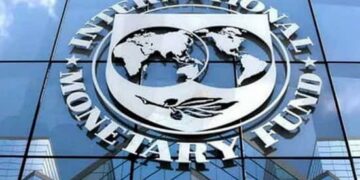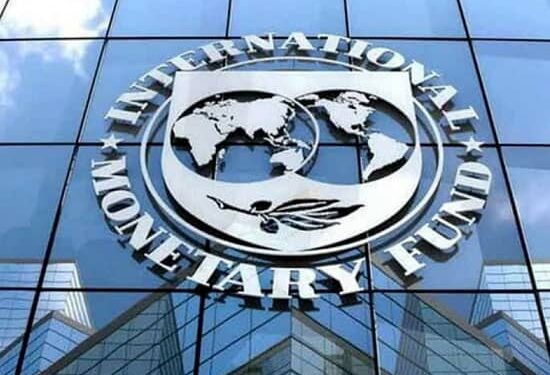By Enyichukwu Enemanna
The International Monetary Fund (IMF) has hinted that its delegation will visit Colombo in the last week of August to continue talks with Sri Lankan authorities on economic and financial reforms.
In a statement issued Friday, the international organisation said, “IMF staff plans to visit Colombo during 24-31 August to continue discussions with the Sri Lankan authorities on economic and financial reforms and policies.”
“The objective is to make progress towards reaching a staff-level agreement on a prospective IMF Extended Fund Facility (EFF) arrangement in the near term,” the statement added.
Sri Lanka seeks to secure a $3 billion bailout package from the global financial body to tide over an economic crisis triggered by the drying up of its foreign reserves. The nation owes $51 billion in foreign debt, of which $28 billion must be paid by 2027.
The Washington-based World Bank has indicated that a bailout package would require “adequate assurances” from creditors stating debt sustainability will be restored. “IMF staff would also continue the engagement with other stakeholders during the visit,” added the statement.
According to the statement, Peter Breuer, IMF’s senior mission chief for Sri Lanka, and Masahiro Nozaki, IMF’s mission chief for the island nation, will serve as team leaders during the visit.
The island nation has held several rounds of discussions with the IMF starting 20 June. These talks, however, were stalled following civic unrest in Colombo in June, during which irate anti-government protesters had stormed President Gotabaya Rajapaksa’s official residence, occupied key government buildings, and torched the private residence of current President Ranil Wickremesinghe.
On 29 July, Sri Lanka’s finance ministry had issued a statement saying President Wickremesinghe and the IMF had resumed “technical discussions”.
Sri Lanka, an island nation of 22 million is in the middle of an unprecedented economic crisis that has led to severe shortages of fuel and other essentials.
Inflation in Sri Lanka surged to 60.8 per cent in July, up from 54.6 per cent in June, the crisis-hit country’s statistics department Colombo Consumer Price Index said.
An IMF package will not only include funds but also economic reforms which are expected to address corruption, enable a return to an open economy and may include far-reaching tax reforms, given the low level of revenues.




































